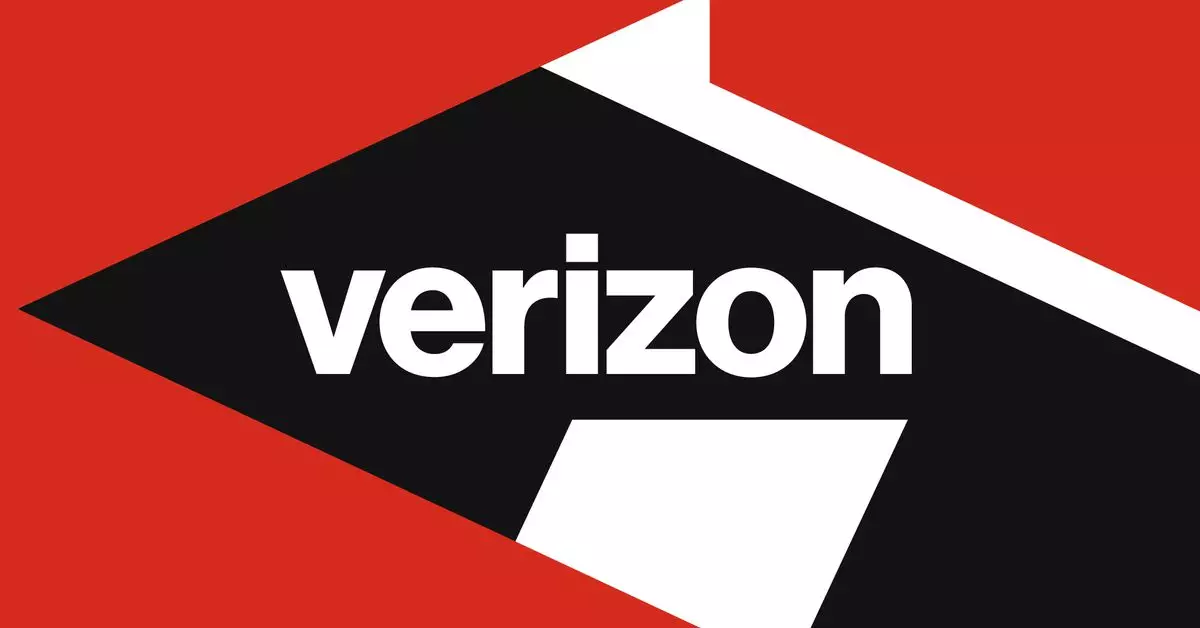Verizon, one of the largest telecommunications companies in the United States, is facing a lawsuit from powerful record labels such as UMG Recordings, Warner Music, and Sony Music. These labels have accused Verizon of turning a blind eye to copyright violations committed by its customers for profit. The lawsuit, filed under the Digital Millennium Copyright Act (DMCA), seeks damages of up to $2.6 billion based on the alleged infringement of 17,335 tracks from various artists and bands.
According to the plaintiffs, Verizon received nearly 350,000 infringement notices since 2020 but failed to take meaningful action against the subscribers engaging in internet piracy. The lawsuit claims that Verizon’s lax policies on copyright infringement, combined with faster internet speeds for those willing to pay more, created a safe haven for infringement. As a result, subscribers who were repeatedly cited for illegally sharing files were drawn to Verizon’s services, knowing that their accounts would not be terminated despite multiple notices.
The record labels argue that Verizon’s alleged actions have had a detrimental impact on the music industry. By allowing infringing subscribers to continue accessing copyrighted content through illegitimate channels, Verizon has not only facilitated copyright infringement but also discouraged individuals from obtaining music through legal means. This not only harms the artists and bands whose work is being infringed upon but also deprives the music industry of revenue that could support future creativity and innovation.
The lawsuit against Verizon includes charges of contributory and vicarious copyright infringement. The record labels are seeking the maximum penalty for each track on their list, as well as attorney’s fees. Previous copyright battles, such as Viacom vs. YouTube and the overturned judgment against Cox Communications, illustrate the complex legal landscape surrounding copyright infringement in the digital age. While some companies have successfully invoked the DMCA’s “Safe Harbor” provision, others have faced significant penalties for turning a blind eye to piracy.
Verizon’s alleged actions regarding copyright violations have raised serious concerns within the music industry. The outcome of this lawsuit could have far-reaching implications for how telecommunications companies handle copyright infringement among their subscribers. As the case unfolds, it will be essential to consider the balance between protecting intellectual property rights and ensuring that individuals have access to a free and open internet.


Leave a Reply